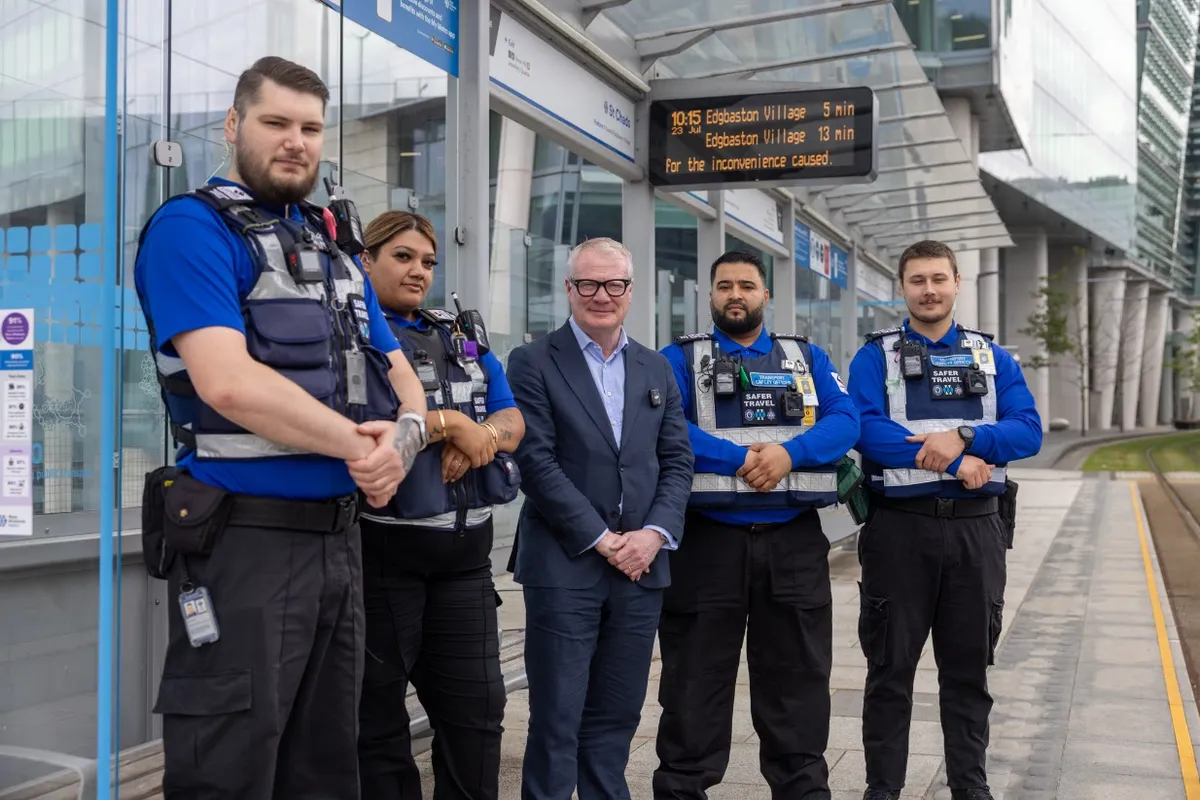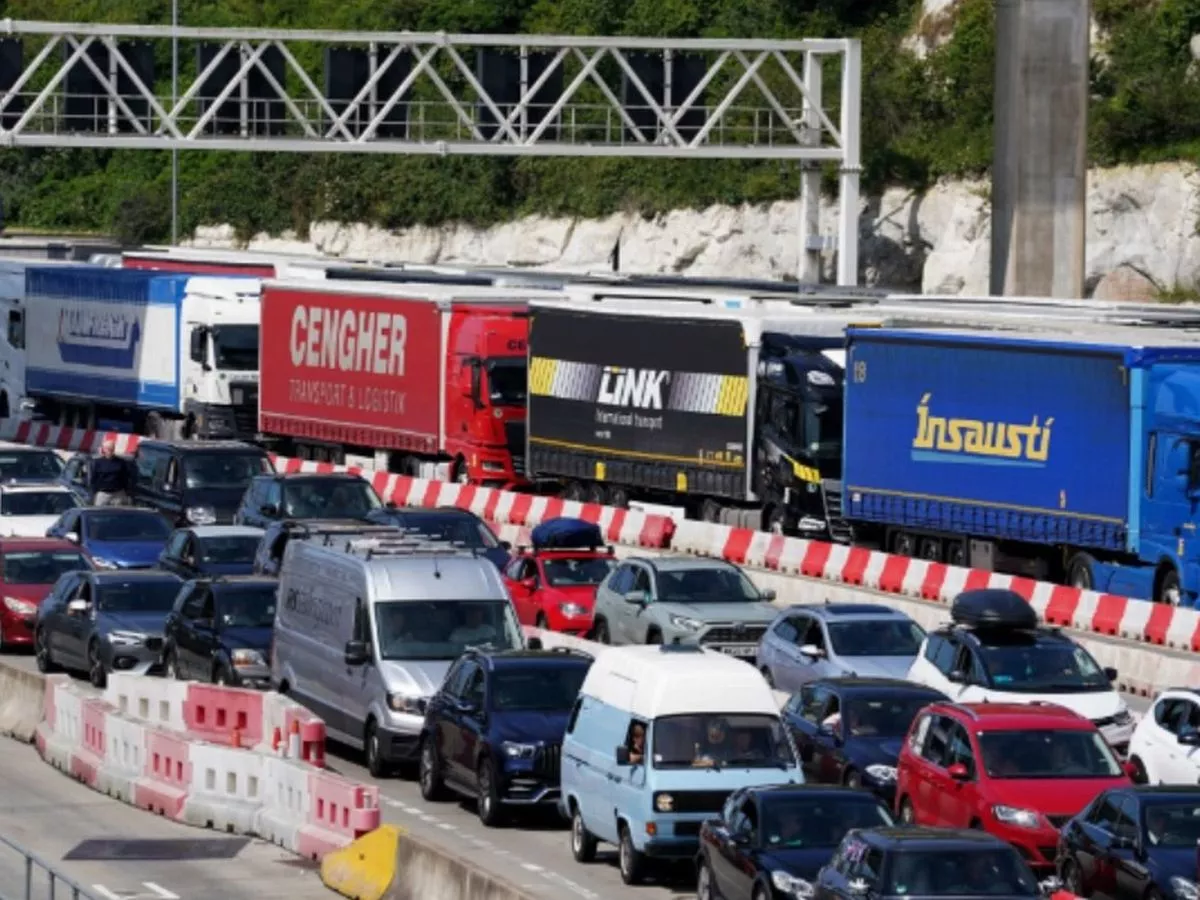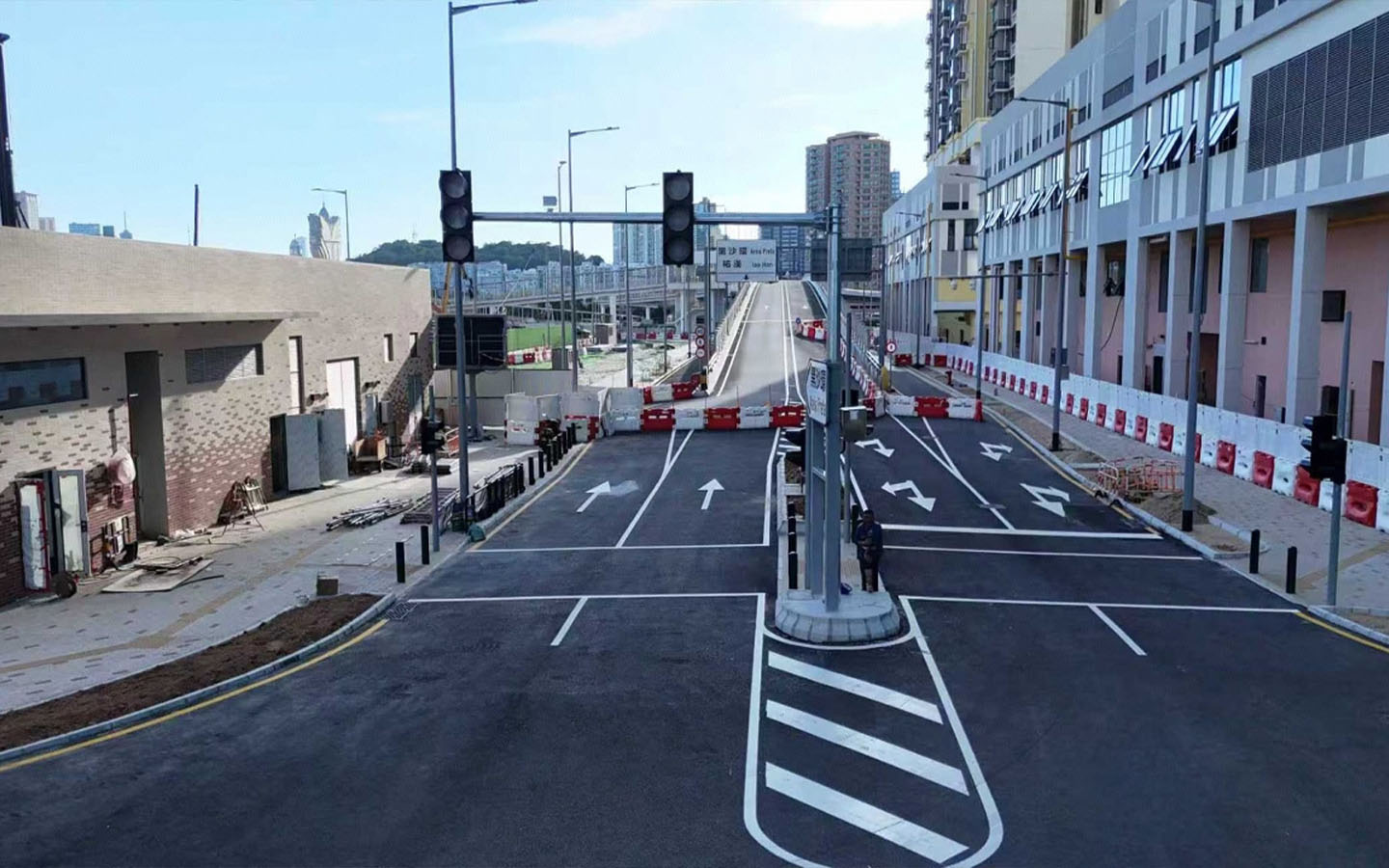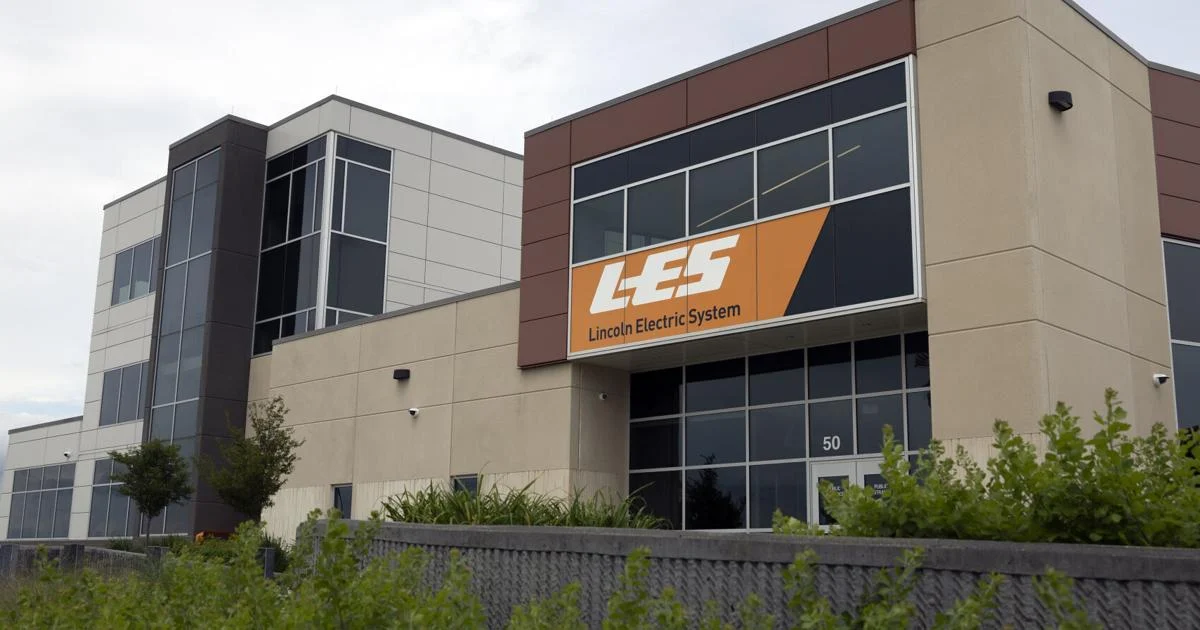‘It’s an economic and social crisis’: Women’s fear of crime on public transport is holding back economic growth by 3.7 per cent, says mayor Richard Parker
By Mark Andrews
Copyright expressandstar

Mr Parker said concerns about public safety was forcing women to pass up on vital opportunities such as employment and training, stifling their potential and holding back economic growth by up to 3.7 per cent of GDP.
He made the comments during the launch of West Midlands Safer Travel Partnership’s new three-year plan to reduce crime and anti-social behaviour on the region’s public transport network, and make passengers feel safer.
Artificial intelligence will be used to identify anti-social behaviour hotspots, while drones will be used for larger operations. Bus shelters, tram stops and bus stations will be redesigned to prioritise safety of women and girls travelling alone.
This will include making sure areas are well lit, promoting public help-points with video links to female control room staff, as well as more training for staff on the public transport network.
The body is made up of Transport for West Midlands, West Midlands Police, British Transport Police and transport operators.
Mr Parker went out on patrol with transport safety officers to see how they patrol the network and keep people safe.
He said: “We know people can feel less safe at night, so we’re taking action to reassure them.
“That means looking at how we design stations, stops, and shelters and how we deploy our transport safety officers. While incidents of crime and anti-social behaviour are rare, we have a dedicated team working around the clock to keep people safe.”
He said women relied on public transport far more than men, making 30 per cent more trips, but their journeys were often limited due to safety fears.
“This is not just a matter of personal security, it’s an economic and social crisis, holding back back economic growth by an estimated up to 3.7 per cent of GDP,” he said.
West Midlands Police and Crime Commissioner Simon Foster added: “Making our public transport network, safer for women and girls is a top priority.
“By combining better design, new technology and dedicated officers, we are tackling crime and anti-social behaviour, while ensuring passengers feel safe and confident whenever they travel.”
Mr Parker said there were just 2.2 acts of anti-social behaviour for every 100,000 journeys, but a survey of public transport users found that there iwas a huge difference in perceptions of safety between travelling during daylight hours and at night. People also felt trains were safer than trams or buses and waiting at bus stops was a leading concern.
In response to these concerns, the partnership has drawn up an action plan to improve safety, including the sharing of more information with the general public.
Greater use of AI will be made to analyse vast amounts of CCTV footage and identify issues, with the use of drones to provide additional coverage during larger operations
Inspector Ivan Merc, police manager for the partnership said public transport was a very safe way to trave.
He said alongside the force’s Project Empower, which encourages the reporting of unwanted sexual behaviour on the transport network, the strategy would enable officers to continue working closely with its partners to make travel safe for all.
Superintendent Sue Peters of British Transport Police, said the strategy would make the transport network safer for everyone.
“British Transport Police will not tolerate sexual harassment and sexual offences,” she said.
“Tackling violence and intimidation against women and girls is a key priority for the force. We take all reports of unwanted sexual behaviour seriously and would encourage the public and passengers to save our text number 61016, so they can discreetly report incidents to us.”



